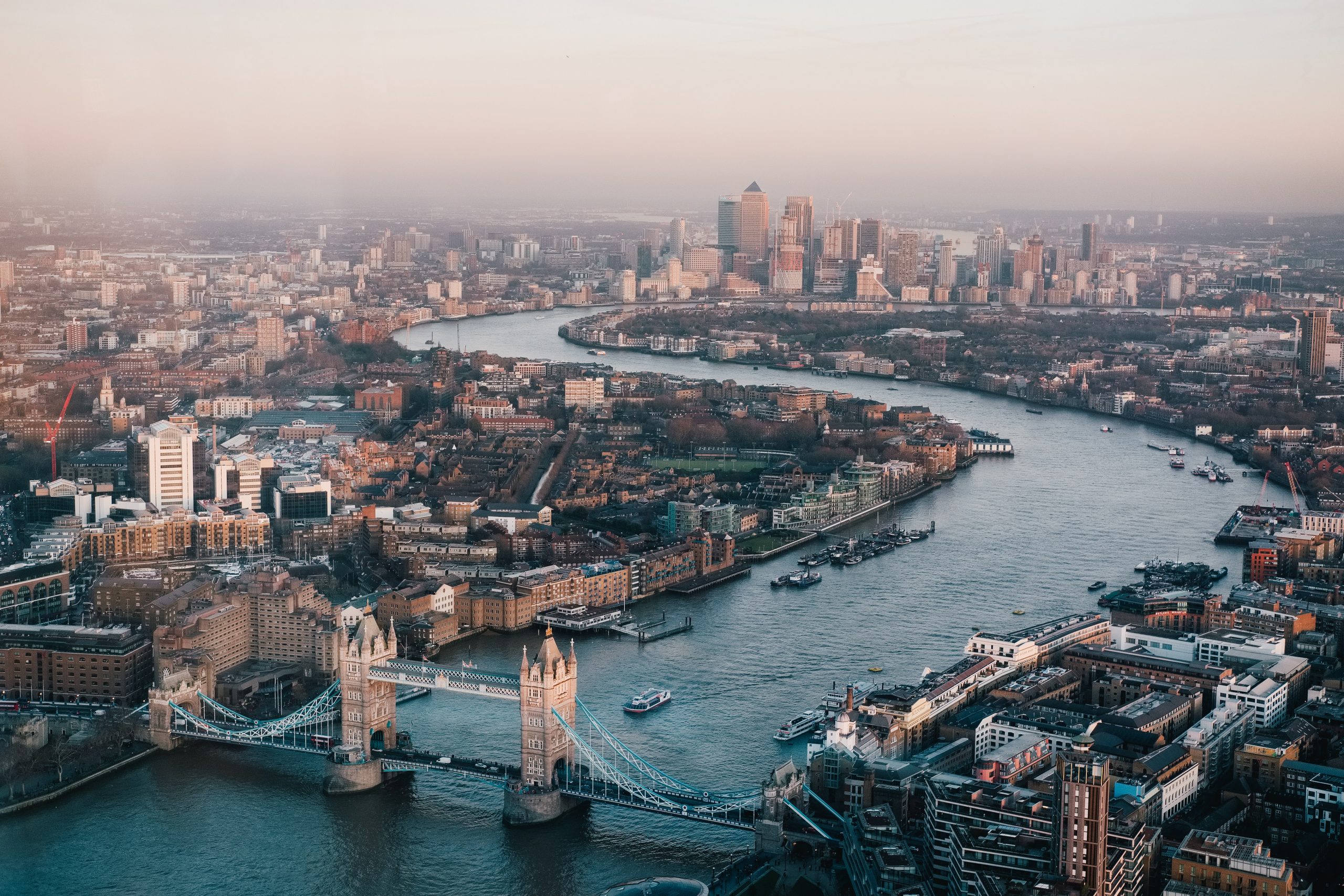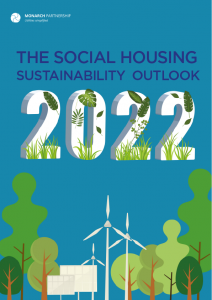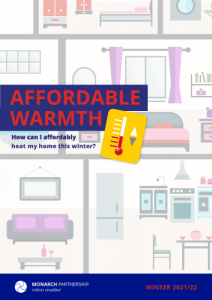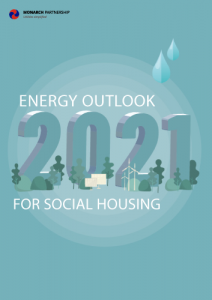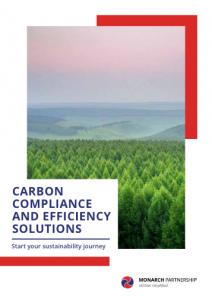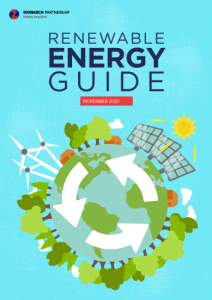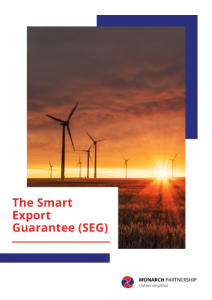It’s difficult to find a silver lining in the Covid-19 crisis, but perhaps one good thing to come of the national lockdown (aside, of course, from all the freshly baked bread) were the reports of better air quality across major UK cities where levels of nitrogen dioxide (NO2) have been illegally high since 2010. With eerily empty streets no longer jammed with traffic and exhaust, some cities saw NO2 levels fall by up to 60%, in addition to dramatic drops in particulate matter (PM2.5), both of which cause the most damage to people’s health. Making this Clean Air Day possibly the most hopeful we’ve had in years.
Some scientists have even suggested that the number of early deaths avoided due to cleaner air might potentially outnumber the deaths from coronavirus (although that was before the most recent spike). Air pollution contributes about 40,000 early deaths a year in the UK, with numbers reaching 800,000 across Europe – making air pollution more deadly than smoking. But the risk could be even higher now because recent data shows that there could be a correlation between pollution and Covid-19 deaths.
The importance of a green Covid recovery plan
 As lockdown measures began to lift, we held our breaths and waited for the toxic air to return, and to our surprise the air quality in large cities, while certainly nowhere near “clean”, didn’t see the expected spikes in levels of NO2 and PM2.5. This could be because less people were travelling to work every day as many offices continued to allow and even encourage working from home, proving that change can not only be brought about swiftly, but that progress can be made through realistic and reasonable adaptations to our daily routines.
As lockdown measures began to lift, we held our breaths and waited for the toxic air to return, and to our surprise the air quality in large cities, while certainly nowhere near “clean”, didn’t see the expected spikes in levels of NO2 and PM2.5. This could be because less people were travelling to work every day as many offices continued to allow and even encourage working from home, proving that change can not only be brought about swiftly, but that progress can be made through realistic and reasonable adaptations to our daily routines.
Unfortunately, this is where the positivity associated with Covid-19 ends, because thanks to the economic damage caused by the pandemic, Clean Air zones being rolled out in Leeds, Birmingham, Sheffield, and Manchester have been put on the shelf, and other future projects could be met with the same hurdles. Thankfully, there is a push for a green Covid recovery – including an announcement today from Prince William launching “The Earthshot Prize” designed to incentivise bold sustainable action, which includes a clean air initiative. This following the Prime Minister’s £160m commitment towards wind power as apart of his “Build Back Greener” campaign, it’s clear the wheels of bureaucracy are turning towards a more hopeful and sustainable future.
What can we do?
There are many simple ways in which we can all help to improve our air quality on Clean Air Day and beyond. At home we can steer clear of using open fires and stoves, avoid using harsh chemical cleaning products, make sure we ventilate our houses, and get regular boiler checks. We can also try to continue the trend lockdown set and commute by walking, biking, or using public transport wherever possible.
Outside the home, the main contributors to air pollution are related to travel, heavy industry and the energy industry, all of which fall under our expertise. At Monarch we offer comprehensive Carbon compliance services, these are designed to improve your sustainability profile while also reaping the benefits of appropriate legislation. One of the elements that makes up the service is creating an organisation-wide Travel Plan. These plans promote the environmental and health benefits associated with active travel options and increases electric vehicle (EV) options and charging points.
If you are interested in our Carbon service, get in touch by emailing savings@wwwtest.monarchpartnership.co.uk or calling 020 8835 3535.
As for improving the air quality through sustainable energy sources, we all know that wind, solar, hydro, and heat pumps produce less harmful emissions than the lion’s share of the grid’s supply. At Monarch we can install solar panels and heat pumps (air/ground) with no up-front costs and ensure the rates you pay are lower than the market prices. So not only are the long-term benefits for the planet and your wallet restored, due to the lack of up-front costs, you will also make savings from day one.
The last cause for consideration on Clean Air Day 2019 is heat networks, or district/communal heating, as an alternative low-carbon option to traditional heating methods such as gas boilers. Heat networks distribute heat from a centralised location through a system of insulated pipes, which provide you with heat and hot water. When these systems incorporate combined heat and power (CHP) it is known to have one of the lowest carbon footprints of all fossil generation plants and the more modern systems have zero CO2 emissions on-site. This means heat networks are helping massively to lower the amount of air pollution. If you wish to know more, Welcome Energy provide services for district and communal heating.
